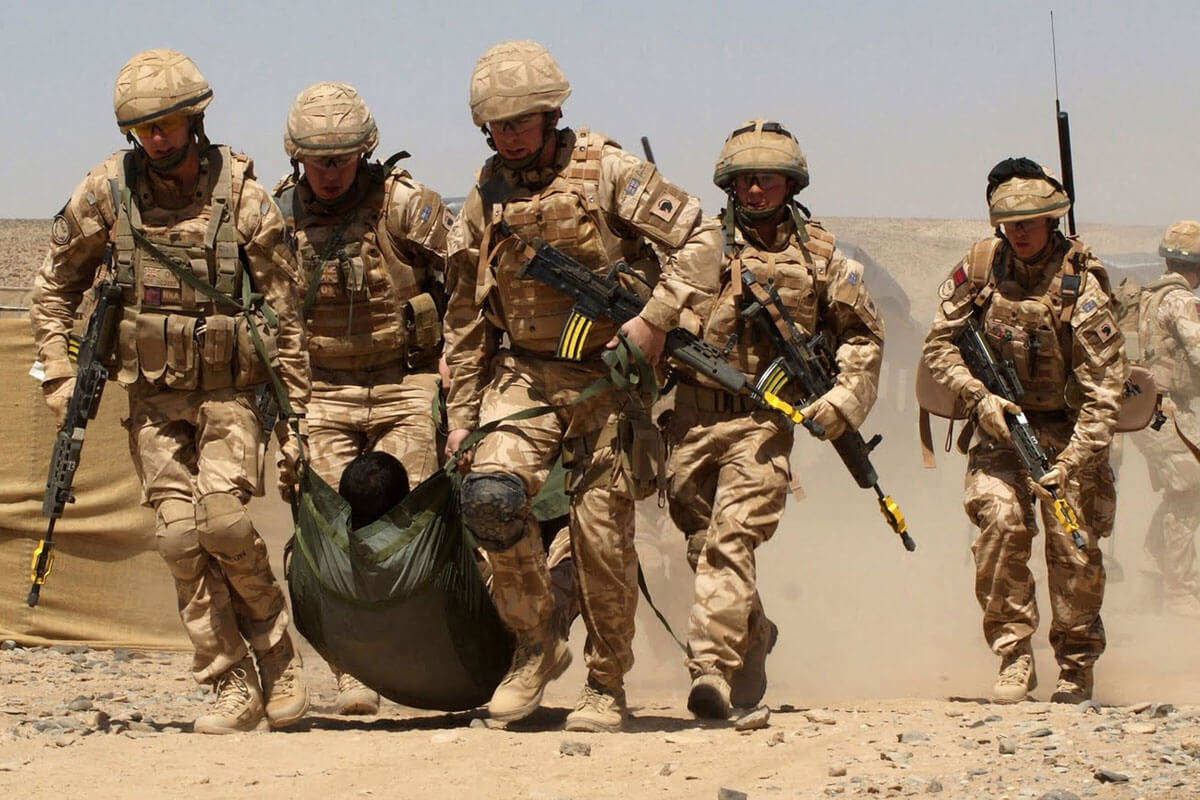An independent investigation into war crimes by British soldiers during the Iraq war deemed none of the thousands of allegations are likely to lead to a prosecution. Thus, Andrew Caylor, director of the Service Prosecuting Authority (SPA), said that all but one of the thousands of complaints have been dismissed due to a “low level of offending and lack of credible evidence”. Caylor said that the one remaining charge is also likely to be dropped.
In 2007, former lawyer Phil Shiner and his firm, Public Interest Lawyers (PIL), filed over 1,000 cases. They compiled the accounts of roughly 400 Iraqis who reported witnessing or experiencing a whole host of crimes, including rape, torture, and mock executions at the hands of British soldiers from 2003 to 2009. However, a UK tribunal found Shiner guilty of misconduct and dishonesty and thus withdrew his ability to practice in 2017.
Cayley said that a separate investigation that was reopened by Fatou Bensouda in 2014 in the International Criminal Court (ICC) will also likely lead to no further action.
British soldiers fought with coalition forces in to contain the Islamic insurgency that resulted from the American invasion in 2003, which led to the overthrow and execution of dictator Saddam Hussein.
Hilary Meredith, a lawyer for some of the soldiers that Shiner accused called for him to apologize for his “vile war crime slurs” and welcomed an end to what she described as a “witch hunt”.
In 2012, the UK’s defence ministry announced that it had paid roughly $19m to over 200 Iraqis who had “accused British troops of illegal detention and torture”.
Nevertheless, the government remains strictly opposed to what it calls “vexatious claims” against its overseas troops. In fact, earlier this year, the incumbent government proposed a bill that imposes a five-year limit on criminal trials, “unless compelling new evidence is brought to light”. The Ministry of Defence expressed its opposition to soldiers being “subjected to […] repeated investigations and potential prosecutions”. Johnny Mercer, the Veterans minister, said the bill aims to “reduce the uncertainty currently faced by service personnel and veterans in relation to historic allegations”.
However, critics argue that this could “place the military above the law, and undermine existing international conventions”. This problem is further compounded by the fact that military is already the only institution in the Kingdom “that is allowed to run their own criminal courts and prosecution service, making their own decisions about whether their staff should face prosecution”.
The Peace Pledge Union (PPU)’s campaign manager, Symon Hill, said, “For years, we have listened to retired colonels and pro-military columnists whipping up a fantasy about ‘witch-hunts’ against British armed forces personnel.” He went on to say, “The reality is very different: despite years of allegations, and evidence uncovered by investigative journalists, the armed forces’ own prosecutors have now decided to drop nearly all cases.”
UK Service Prosecution Authority Dismisses Thousands of Iraq War Crimes Allegations
The SPA said that British troops are unlikely to face prosecution.
June 3, 2020

IMAGE SOURCE: AFP
